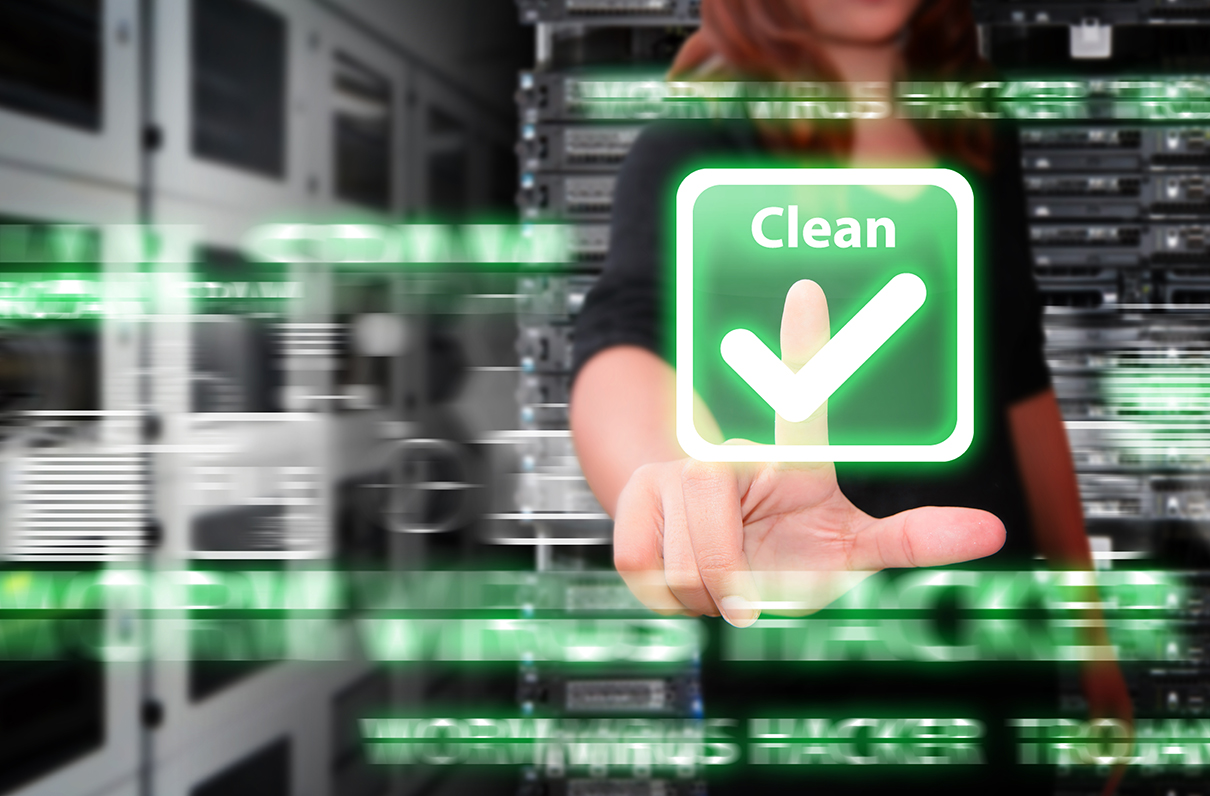A friend recently complained about how slow her laptop was, so slow she could barely use it. I looked at it, and she had ad after ad continually popping up, four different toolbars usurping screen space in her Web browser, and a half-dozen programs automatically loading at boot-up that she didn't use.
Her system was infested with malware. Is yours?
Malware has different definitions. One is any software that has malicious intent. Another is any software you don't want, didn't ask for, and don't need. Other related terms include spyware, bloatware, phishing, zombie, worm, and trojan. Sometimes the term virus is used as a catch-all for malicious software, though it more correctly refers to programs that replicate, like biological viruses.
At its worst, malware can capture personal information such as bank logins and Social Security numbers. Other malware sets you up as a relay station for sending out phishing schemes to scam others. Still other times, as with my friend, you're bombarded with ads and unwanted software add-ons and programs.
If your system is infested, you have various options:
- Pay for a service such as My Clean PC.
- Pay a local computer repair shop to clean your PC for you. (Office supply stores such as Staples sometimes have promotions in which they'll clean your PC for free.).
- Use free software such as Malwarebytes, Spybot Search and Destroy, or Ad-Aware. (You can use one, two, or, as I did, all three to clean up a system.)
Some Internet service providers offer subscribers good protection against malware as part of their subscriptions. But not all do, and some people get their Internet access through Wi-Fi hotspots. So to protect your PC, consider these options:
- Fee-based security suites of top security companies such as Symantec's Norton 360 offer the most robust and convenient protection against malware. The typical annual subscription cost is $89.99.
- Intel's McAfee All Access, as with similar pay services, protects not only against malware but also malicious websites and email spam.
- AVG Free and Avast Free, both free services, typically are better than the software that comes with Windows - Windows Defender with Windows 8 and Microsoft Security Essentials with Windows 7 - though these programs also can protect against most threats.
It's also important to keep up-to-date. Older programs and operating systems are more vulnerable to attacks, so with whatever security software and operating system you're using, enable automatic updates. With programs that don't update automatically, periodically check manually for updates, usually through the help menu, or use a program such as Secunia Personal Software Inspector, which checks for and installs updates for you.
Regardless of the precautions you take, sometimes things just go wrong. If you have photos, tax records, or other data on your computer that you can't afford to lose, the often repeated and often ignored advice is to back up important files. Options include using an Internet backup and file-sharing service such as Dropbox or Google Drive, a USB flash drive, a rewritable optical disc, an external hard drive, or a backup tape.
